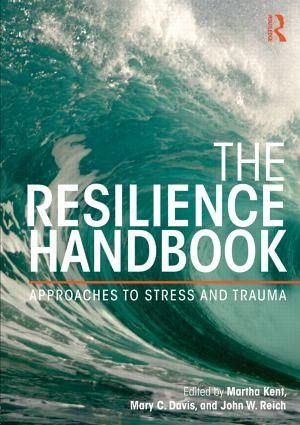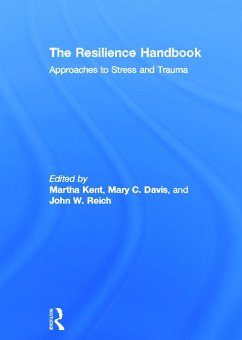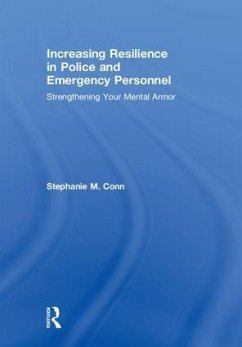
The Resilience Handbook
Approaches to Stress and Trauma
Herausgeber: Kent, Martha; Reich, John W.; Davis, Mary C.
Versandkostenfrei!
Versandfertig in 1-2 Wochen
78,99 €
inkl. MwSt.

PAYBACK Punkte
39 °P sammeln!
How are people and communities able to prevail despite challenge? What helps them bounce back from adversity and even grow in knowledge and understanding? And can this resilience be taught? During the past decade, exciting scientific advances have shed light on how resilience operates from neurons to neighborhoods. In The Resilience Handbook, experts in the science of resilience draw on human and animal research to describe the process of resilience and follow its course as it unfolds both within individuals and in social networks. Contributors also highlight the promise of new interventions t...
How are people and communities able to prevail despite challenge? What helps them bounce back from adversity and even grow in knowledge and understanding? And can this resilience be taught? During the past decade, exciting scientific advances have shed light on how resilience operates from neurons to neighborhoods. In The Resilience Handbook, experts in the science of resilience draw on human and animal research to describe the process of resilience and follow its course as it unfolds both within individuals and in social networks. Contributors also highlight the promise of new interventions that apply what we know about resilience processes to bolster positive health, and raise some of the pressing questions and issues for the field as it matures. This handbook is designed to be used by students as an invitation to a burgeoning field; by researchers, as a framework for advancing theories, hypotheses, and empirical tests of resilience functions; and by clinicians, as a comprehensive and up-to-the-minute integration of theory and practice.














